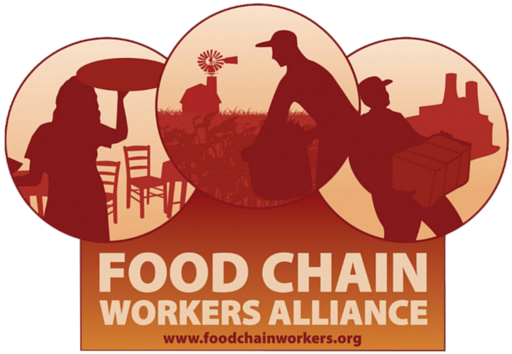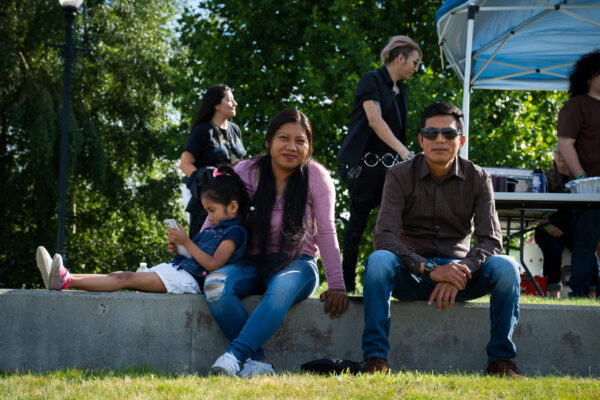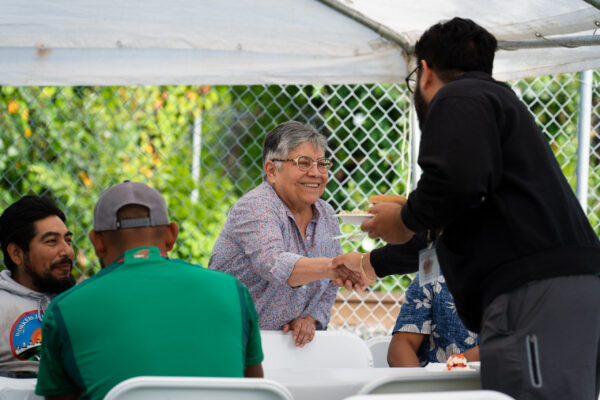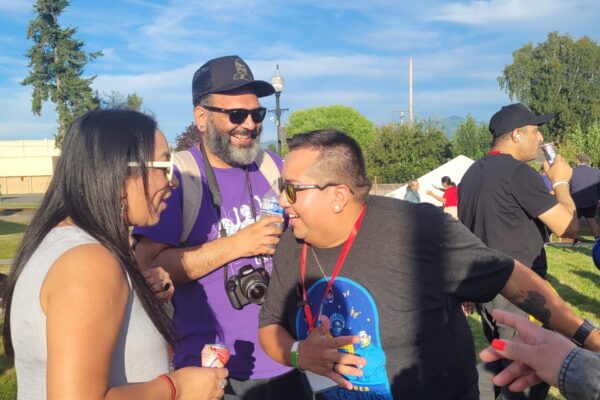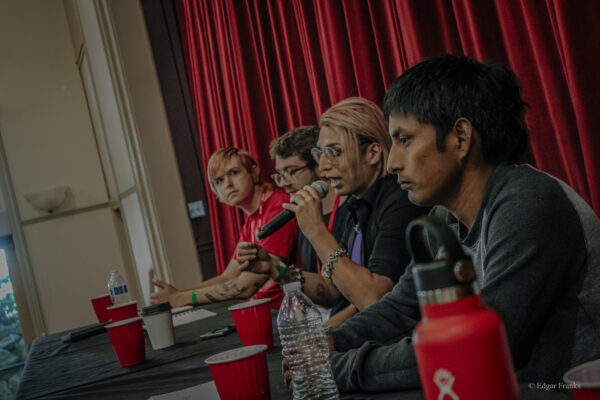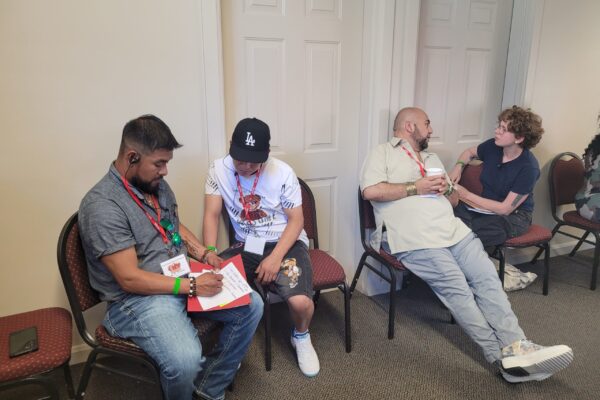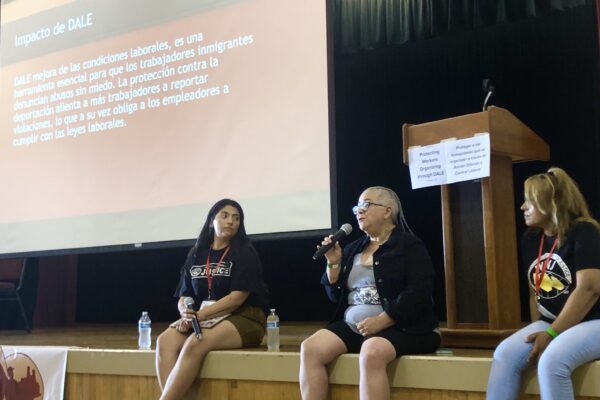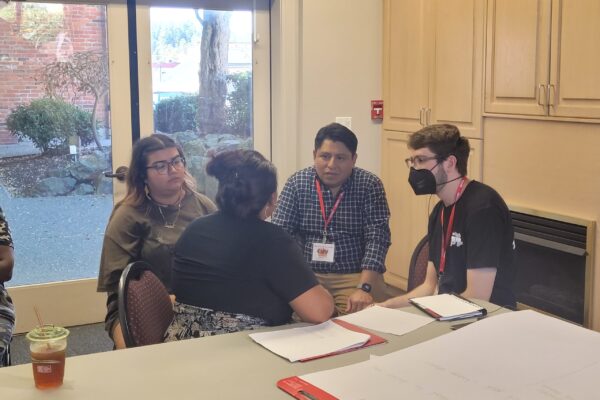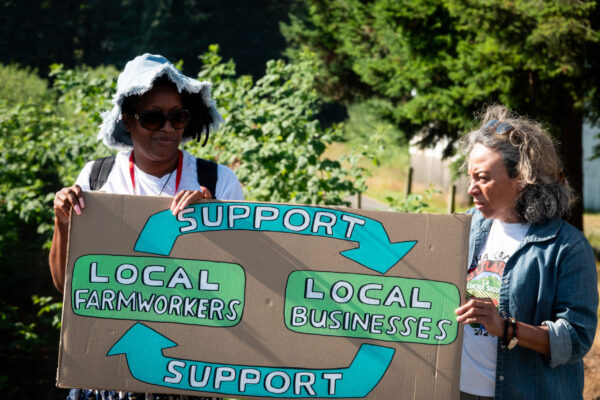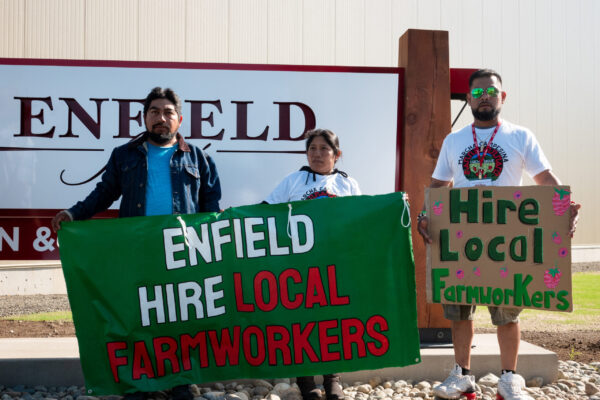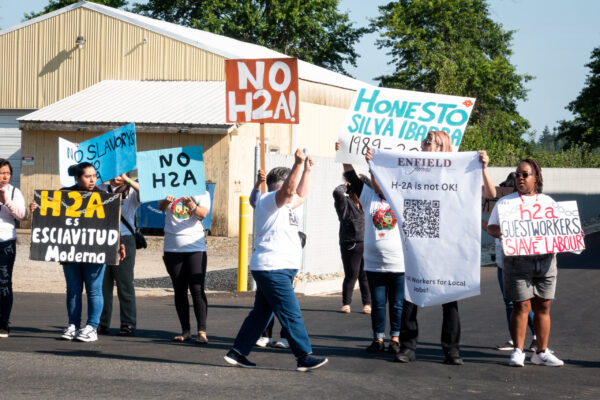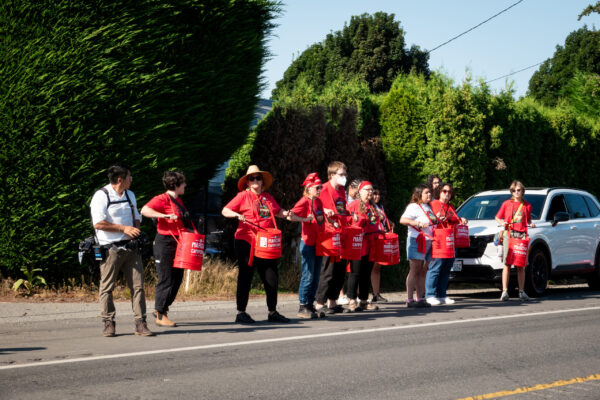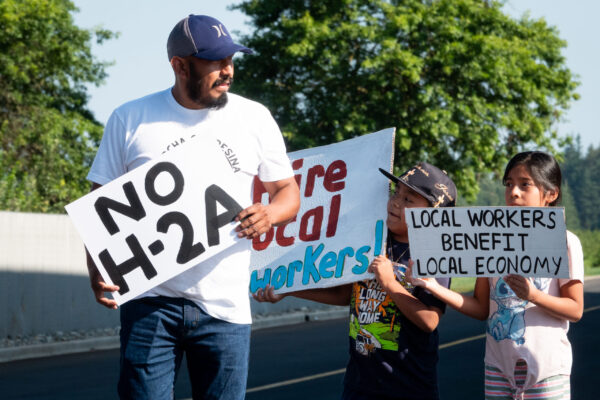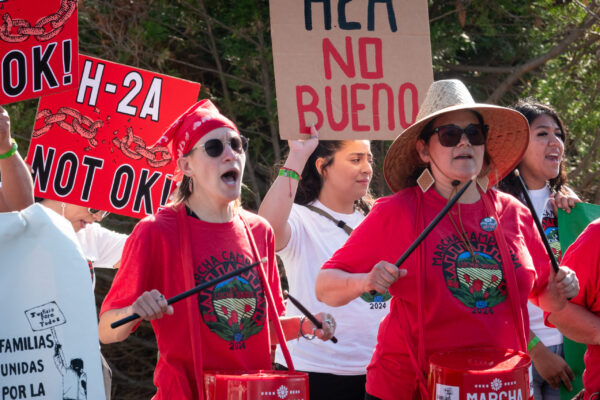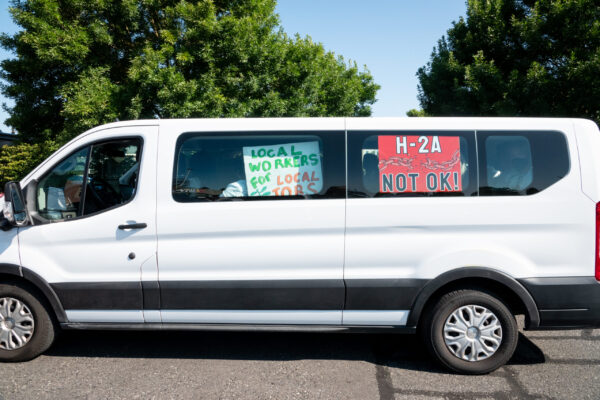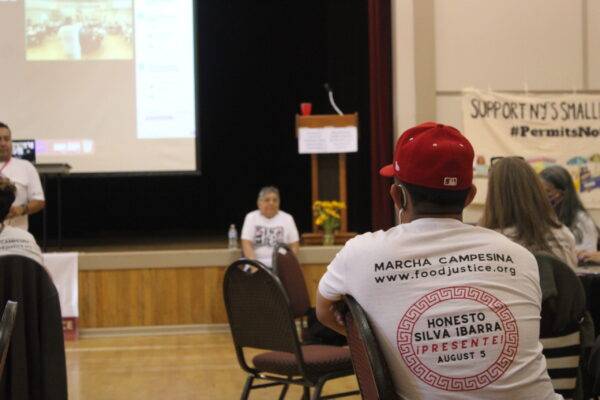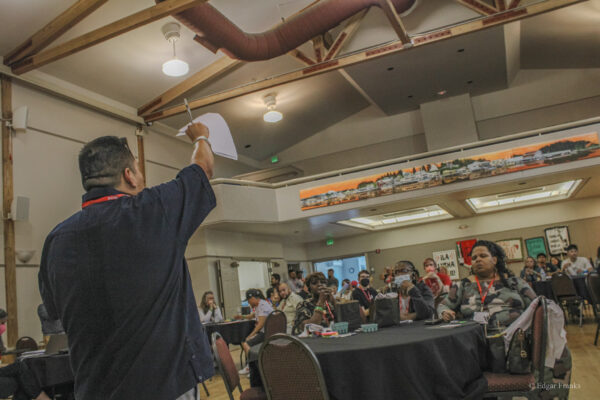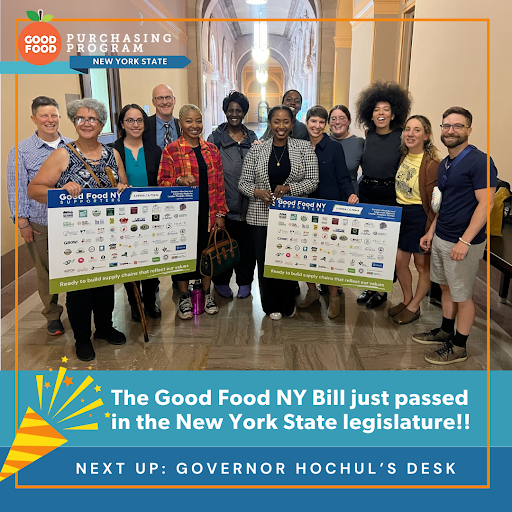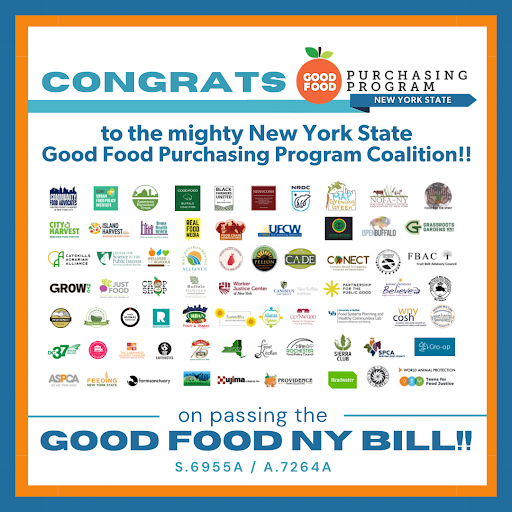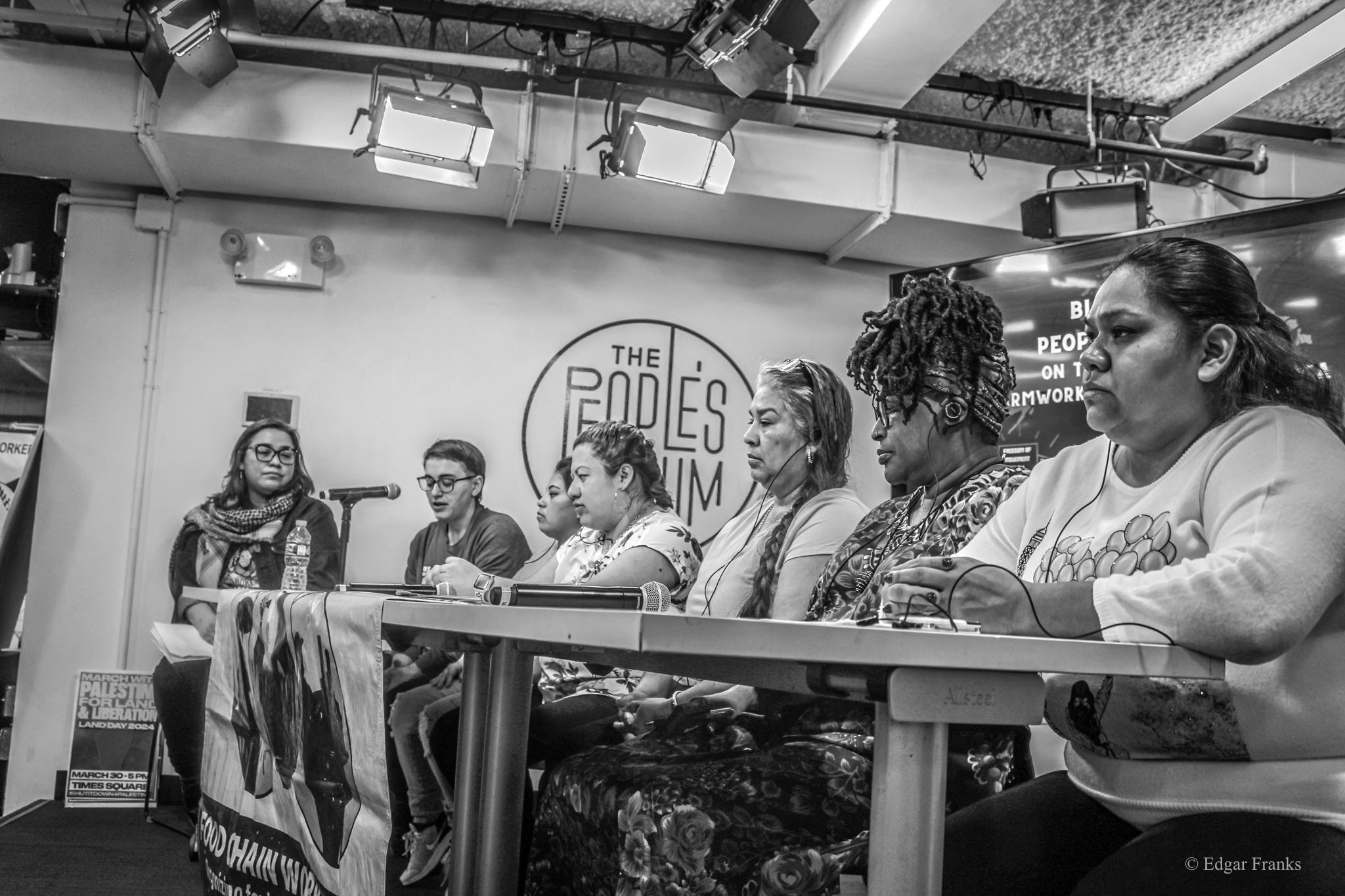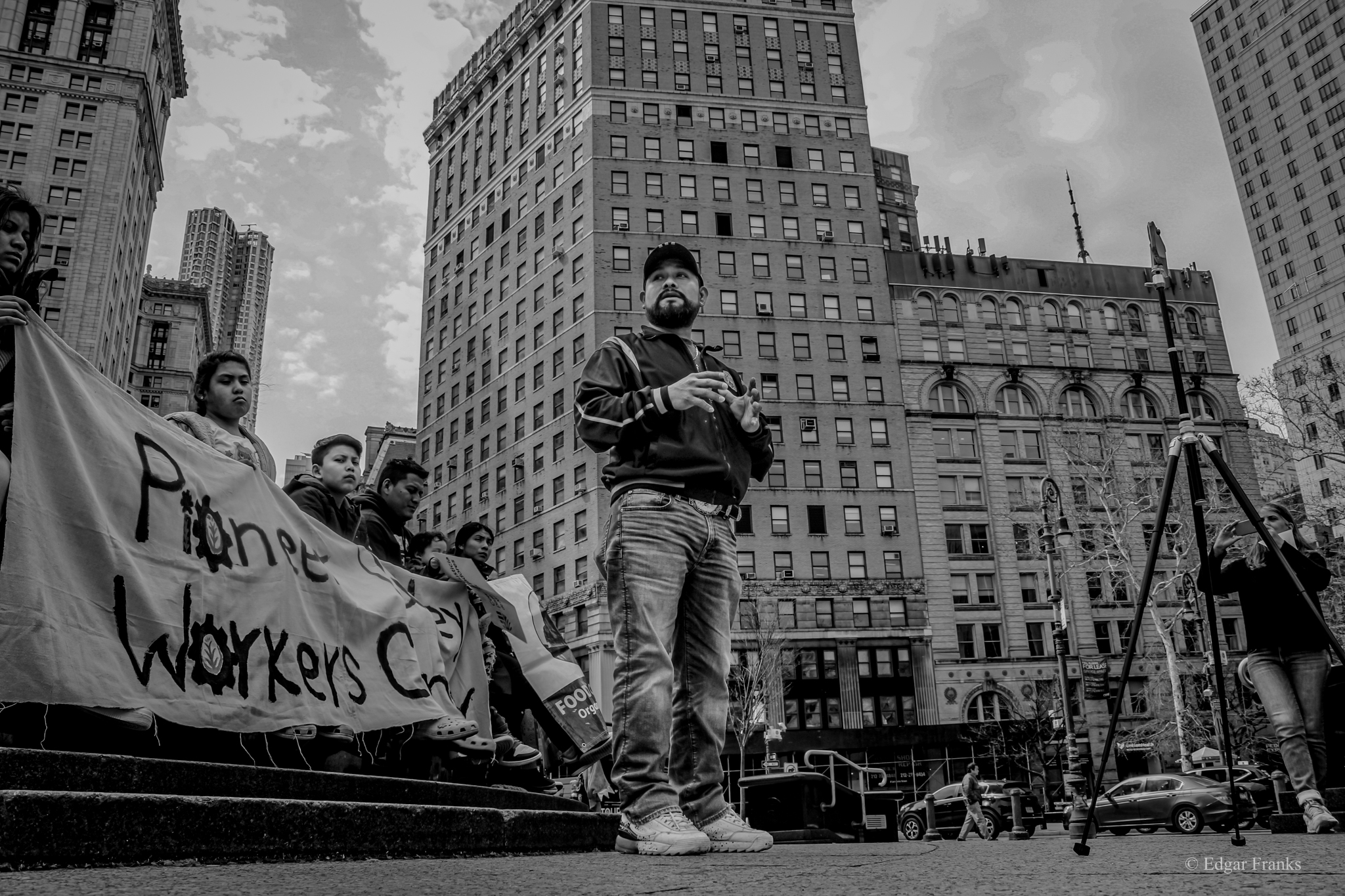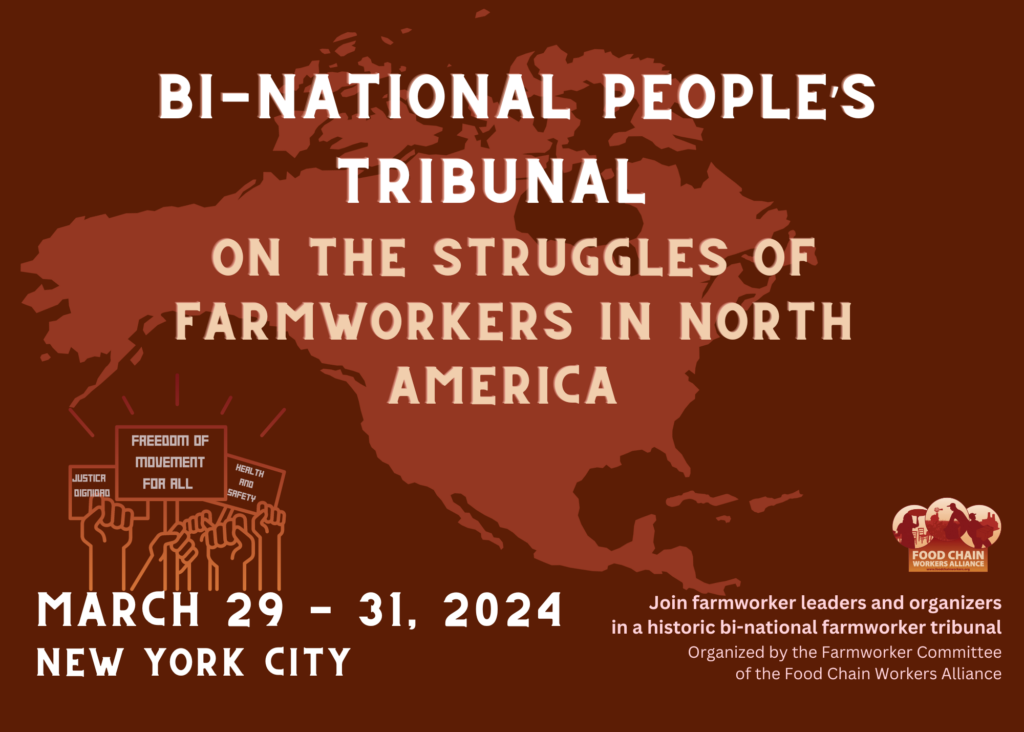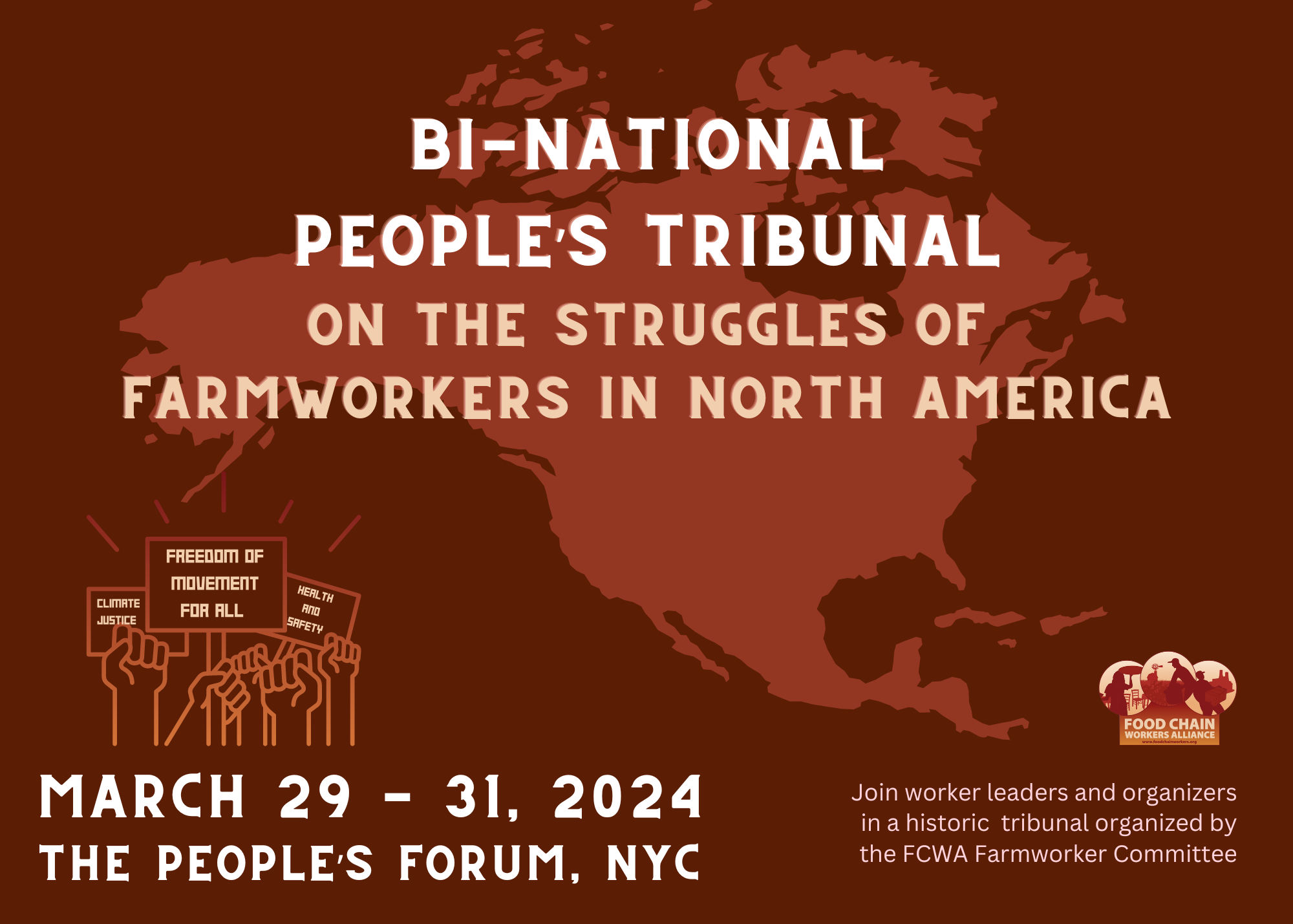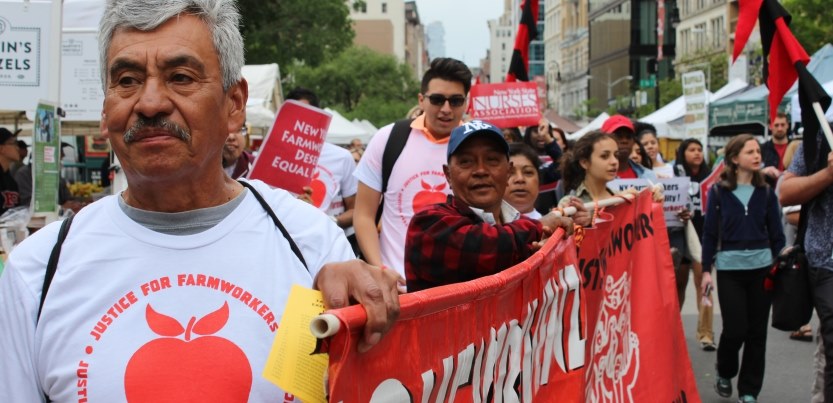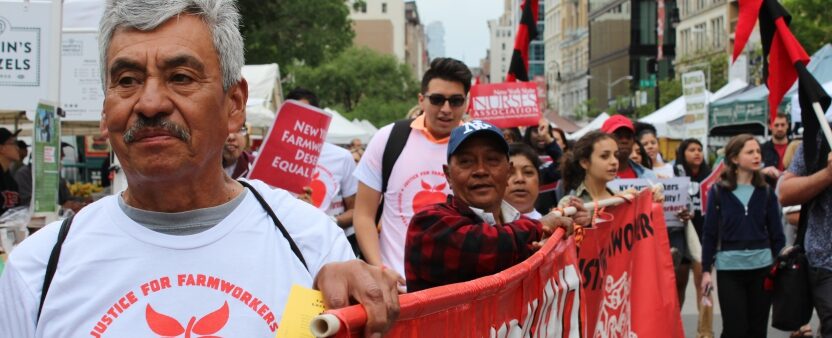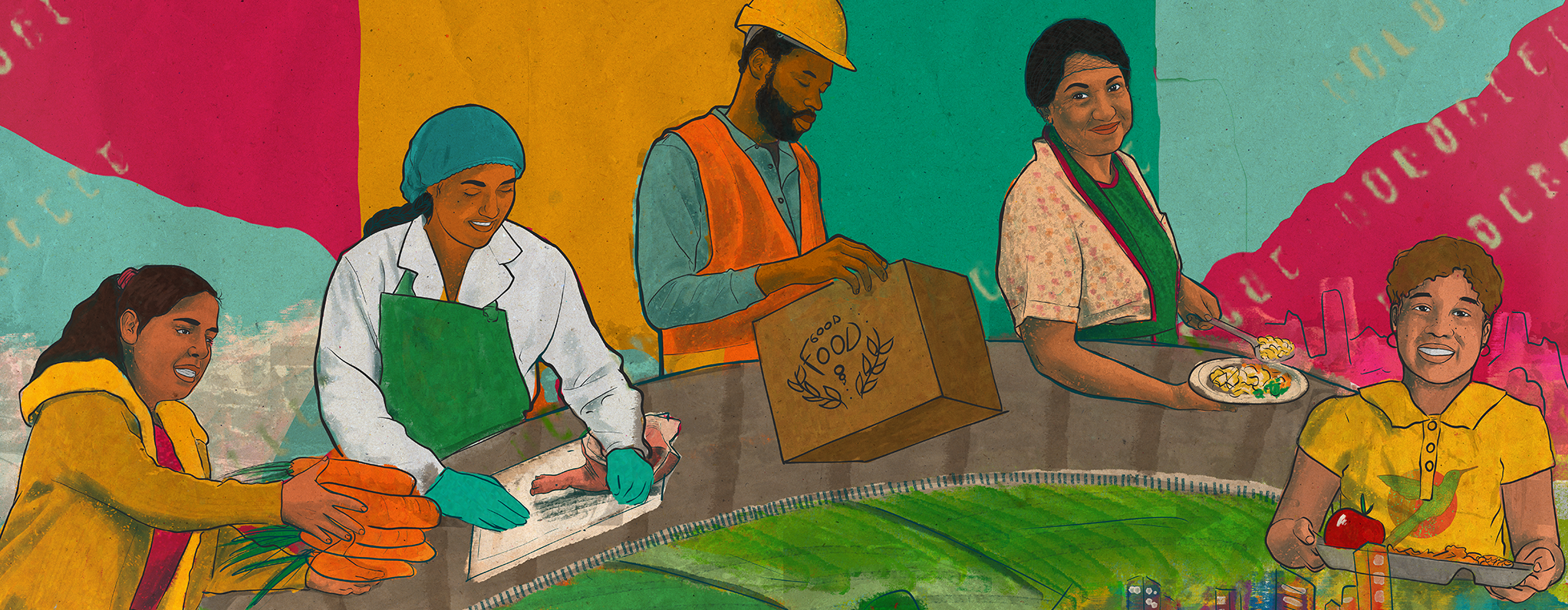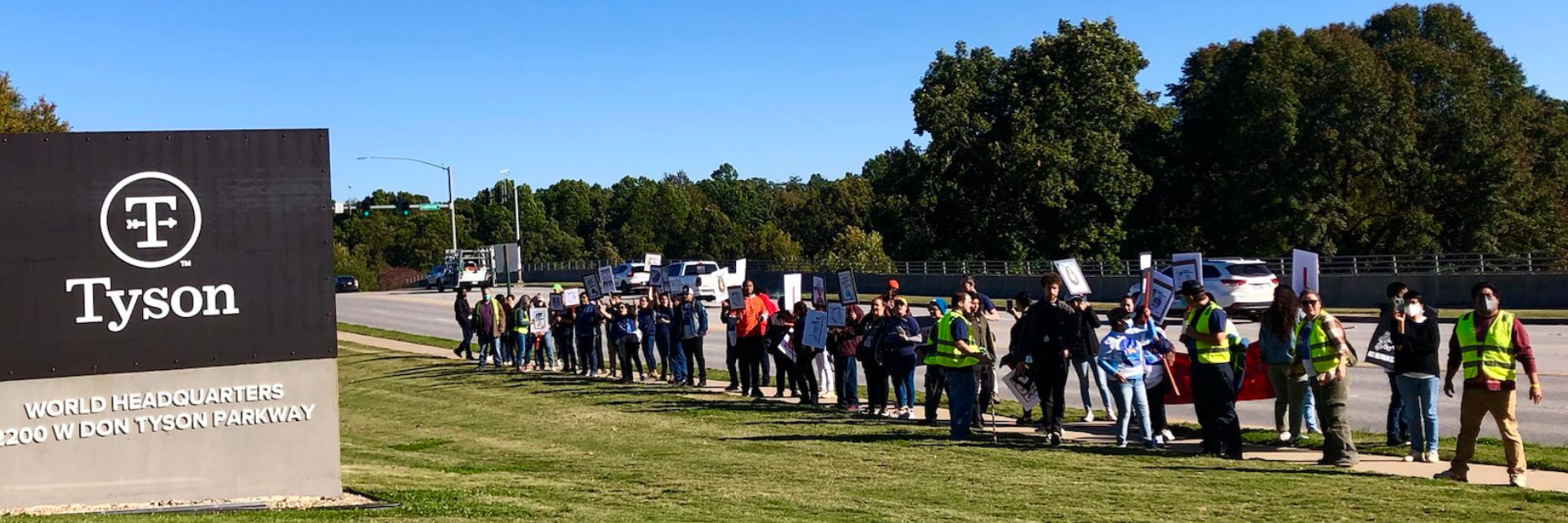
Mass Labor Action to Stand With Gaza Starting October 7, 2024
The Food Chain Workers Alliance is proud to endorse the mass labor action to Stand With Gaza called by Labor for Palestine National Network and UAW Labor for Palestine. This action is called to begin today, October 7, 2024, which marks one year since the escalation of Israel’s genocidal campaign in Gaza.
We continue to stand with Palestinian trade unions, who have asked the international labor movement for solidarity consistently for the past year, including their call for work stoppages of 15 minutes today. As unions, worker resource centers, and even as individual workers, we must mobilize in solidarity with Palestinians. We must stand with university students and academic workers across the U.S. who are continuing to organize despite repression by their schools and local police.
We join many others in demanding the end of this genocidal campaign, the end of the Israeli occupation of Palestinian land, and the end of the 16-year blockade on Gaza.
We oppose the United States’ longtime role as the main funder of this occupation and genocide. Despite the fact that millions of Americans and a majority of Democratic voters oppose Israel’s violence, the Biden-Harris administration will not stop the genocide. Neither, we can confidently say, will any administration taking office in January 2025.
Unfortunately for our movement, major union leaders are unwilling to go beyond mere words in the fight to stand against Israel’s campaign to occupy, subjugate, and kill Palestinians. That is why workers must use our greatest leverage—the ability to collectively withhold our labor, alongside other action—to respond to urgent Palestinian trade unions’ appeals for solidarity.
Together as workers, we have the power to directly disrupt the supply chain that powers this genocide. Go to tinyurl.com/riseforgaza to learn more about the mass labor mobilization that starts today and will continue over the coming weeks.
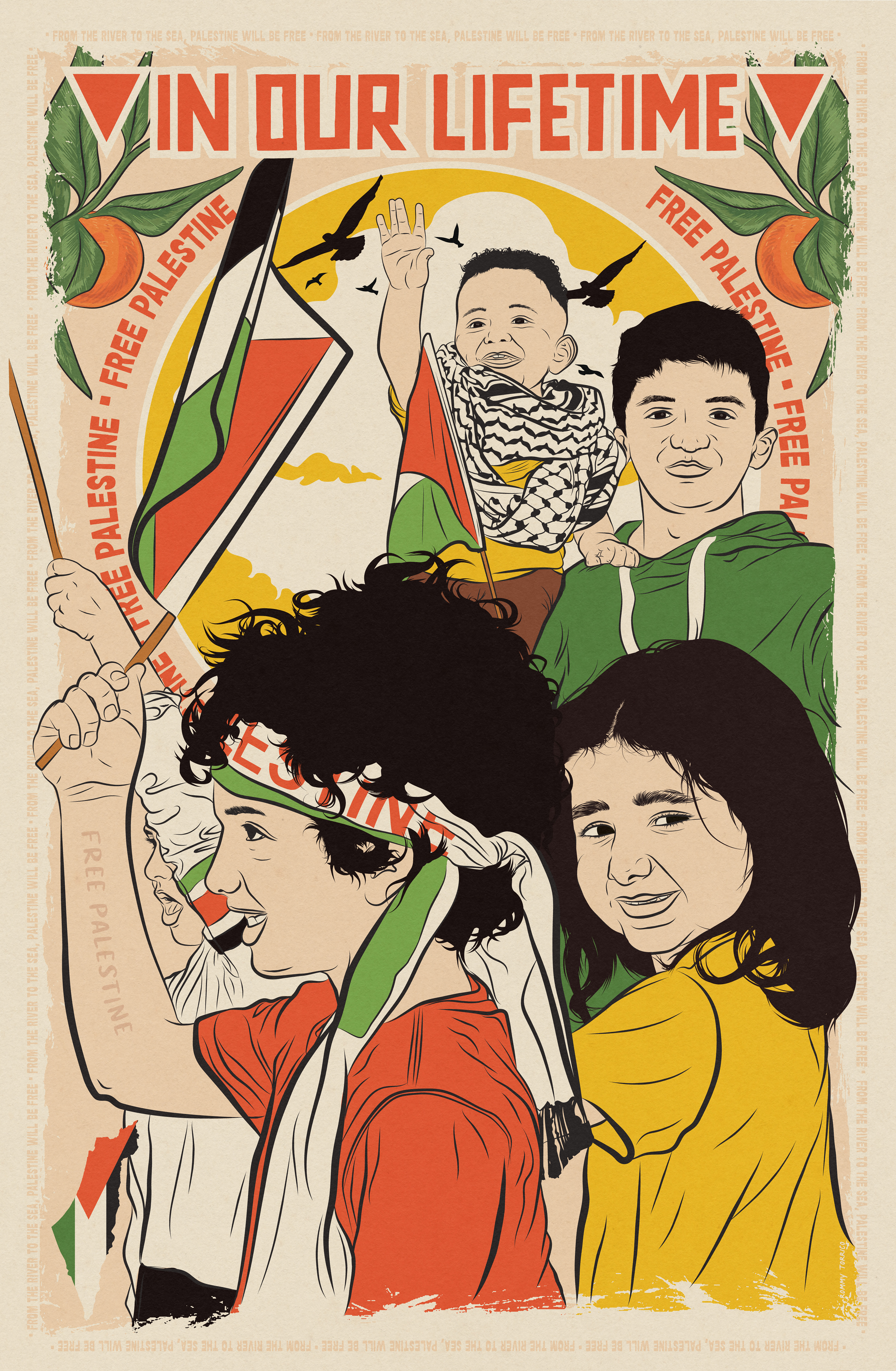
Artwork by Rommy Torrico (@rommyyy123)
